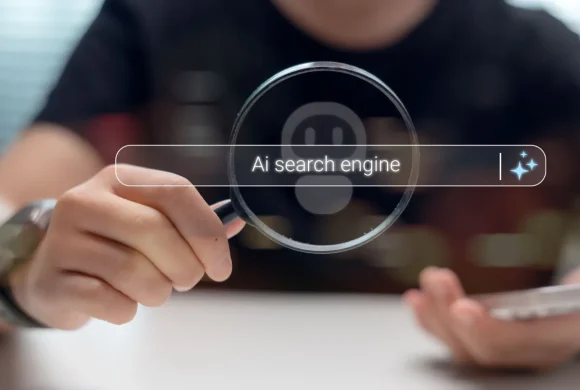B2B Communications close a deal or lose one

B2B business is becoming increasingly competitive, and many of our clients are experiencing broader challenges with striking new deals and keeping existing ones growing. Relationships are critical and how a business communicates to its audience has a significant influence on how the relationship will evolve. In short, effective communication is the lifeblood of successful transactions. The difference between closing a deal or losing one often comes down to the quality and strategy of communication. In this article, we look at key strategies for B2B communication that drive success, foster lasting partnerships, and reduce the risk of losing opportunities.
Understanding B2B communication
B2B communication is fundamentally different from business-to-consumer (B2C) communication. In B2C, the focus is on persuading individual customers through marketing and sales techniques. The techniques are often short-term, highly sales-focused, and targeted at the spontaneous and emotive buying rituals of B2C consumers. B2B, however, involves a more complex and intricate approach, often requiring long-term relationship-building, technical knowledge, and a deep understanding of industry-specific needs.
The B2B audience typically comprises business leaders, procurement officers, technical and financial professionals, or other stakeholders who make purchasing decisions for their organisations. With this audience in mind, B2B communication must be precise, informative, tailored to the recipient’s role and industry, and focused on solving problems. This complexity demands an elevated level of collaboration between technical, marketing, and communication teams and a quantifiable research method that asks critical questions. It is a multifaceted approach that integrates various communication styles and strategies.
Building strong relationships through personalisation
By understanding potential customers’ or stakeholders’ unique needs, challenges, and goals and demonstrating a deep knowledge of their business, a B2B enterprise can establish trust and credibility, which are essential for closing deals.
To achieve personalisation, the marketing and communications teams, whether internal or external, within a B2B enterprise often conduct research on potential clients. This involves studying industry trends, identifying pain points, and understanding their competitive landscape. This information enables B2B enterprises to tailor their communication to address specific issues and offer customised solutions. There is limited value in talking only about your business. B2B must talk about how they solve problems and provide validated social proof of their expertise. This can be done through case studies and blog articles showcasing their competencies, product and service offerings, and industry knowledge.
Leverage multi-channel communication strategies

A successful B2B communication strategy employs a multi-channel approach to engage potential customers and stakeholders. This approach allows for flexibility and adaptability, catering to the preferences of various stakeholders.
Content Marketing: Thought leadership and educational content help establish a B2B enterprise as an industry expert. Blogs, technical articles, case studies, and interviews offer valuable insights to potential customers, fostering trust and credibility.
E-News: Email and electronic newsletters remain a staple in B2B communication. It provides a direct and personalised pathway to reach decision-makers with tailored content, such as white papers, new team members, internal news, or product information.
Social Media: While social media is often associated with B2C, platforms like LinkedIn are valuable for B2B communication. They enable enterprises to connect with industry professionals, share content, and engage in industry-related discussions.
Face-to-Face Meetings and Trade Shows: In-person interactions remain crucial in B2B. Trade shows, conferences, and client meetings allow for deeper relationship-building and provide opportunities to showcase products or services.
Maintain consistency and responsiveness
In B2B, timely communication can make or break a deal. Potential customers expect prompt responses to inquiries and concerns. A B2B enterprise that demonstrates responsiveness values its customers’ time and priorities, reinforcing the perception of reliability. Employing highly effective communication and marketing strategies is an expense designed to unblock sales funnels. When inquiries are generated, the sales team must respond quickly and professionally. Getting a sale over the line is a team effort.
Consistency in communication is vital for building trust. B2B enterprises must ensure their messaging is clear, consistent, and aligned with their brand values. Inconsistencies can create confusion and erode trust, potentially leading to lost deals.
B2B communication is a dynamic and multifaceted process. By adopting a strategic approach to communication, B2B enterprises can build lasting relationships with potential customers and stakeholders, driving business growth and success.
Contact us today for a no-obligation chat about how we can help you open doors and unlock business opportunities.

About Deb
Meet the author
Deb Croucher is the founder of Brilliant Digital. She works directly with SME owners to create strategy-led, full-service marketing that delivers, not just in Google, but in the new world of AI-powered discovery.











